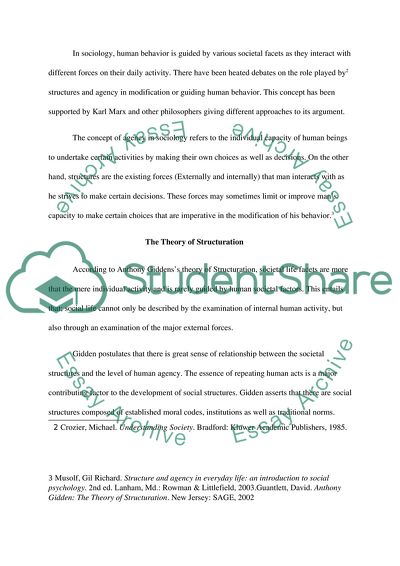Cite this document
(Karl Marx and the Philosophy of Praxis Report Example | Topics and Well Written Essays - 2750 words, n.d.)
Karl Marx and the Philosophy of Praxis Report Example | Topics and Well Written Essays - 2750 words. https://studentshare.org/history/1801155-political-analysis
Karl Marx and the Philosophy of Praxis Report Example | Topics and Well Written Essays - 2750 words. https://studentshare.org/history/1801155-political-analysis
(Karl Marx and the Philosophy of Praxis Report Example | Topics and Well Written Essays - 2750 Words)
Karl Marx and the Philosophy of Praxis Report Example | Topics and Well Written Essays - 2750 Words. https://studentshare.org/history/1801155-political-analysis.
Karl Marx and the Philosophy of Praxis Report Example | Topics and Well Written Essays - 2750 Words. https://studentshare.org/history/1801155-political-analysis.
“Karl Marx and the Philosophy of Praxis Report Example | Topics and Well Written Essays - 2750 Words”. https://studentshare.org/history/1801155-political-analysis.


